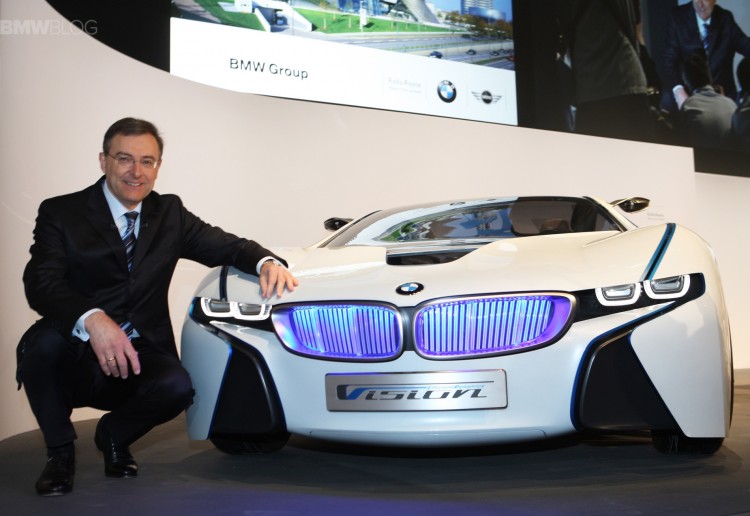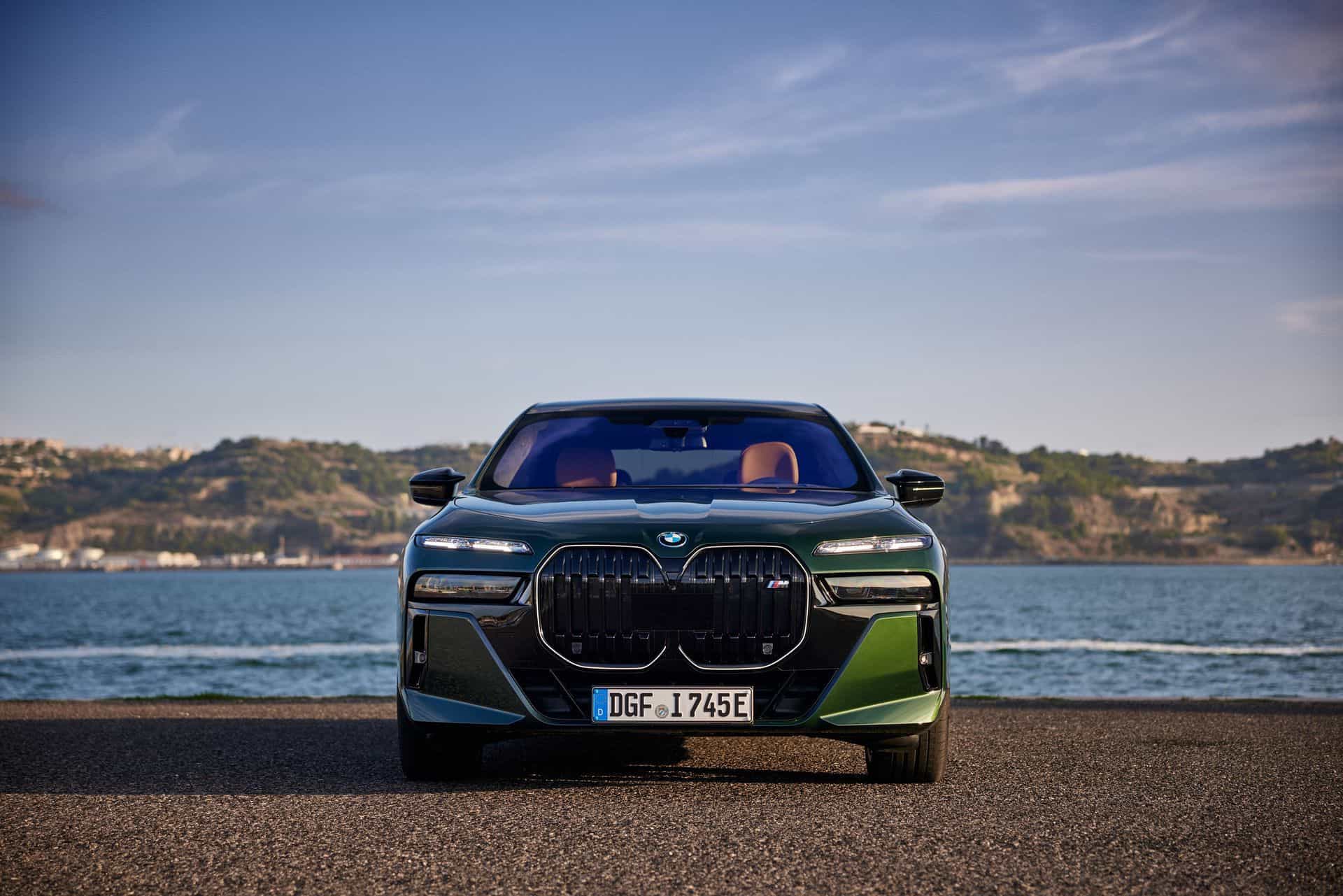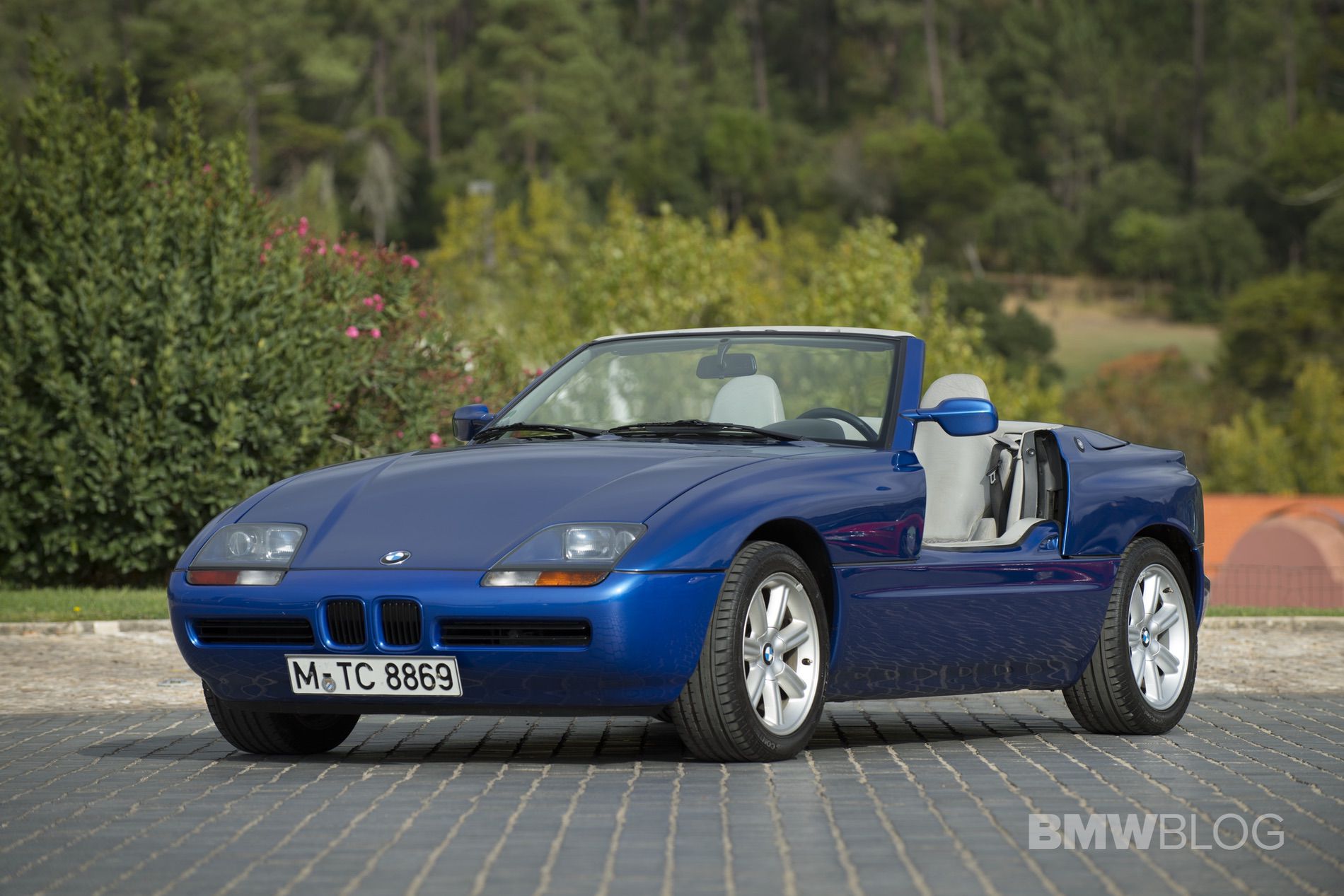One of the most influential chapters in BMW Group’s modern history officially closed today as Dr. Norbert Reithofer stepped down as Chairman of the Supervisory Board after nearly four decades with the company. The announcement came at the conclusion of BMW AG’s 105th Annual General Meeting, marking the end of Reithofer’s transformative leadership that fundamentally reshaped the brand’s global position, product portfolio, and technological direction.
“After 38 years, it is time for me to say goodbye to the BMW Group. It has been an honour to be a part of this exceptional company,” said Reithofer. “Together, we have overcome tremendous challenges and celebrated unparalleled successes. I firmly believe that the BMW Group will continue to follow its own, unique BMW path.”
A Long BMW Journey
Reithofer’s BMW journey began in 1987 in Maintenance Planning. By the turn of the millennium, he had taken on key leadership roles, including head of global production. In 2006, he succeeded Helmut Panke as Chairman of the Board of Management, leading the company through the financial crisis of 2008–2009 and charting a path of growth that tripled global sales.
In 2000, BMW’s lineup was limited. The X5 had just debuted as the brand’s first SUV, with no 1 Series, 2 Series, or revived 6 and 8 Series models on offer. MINI and Rolls-Royce had yet to launch under BMW stewardship. Back then, BMW sold just 822,000 vehicles annually. Today, the BMW Group – including BMW, MINI, and Rolls-Royce – sells nearly 2.5 million units per year across a vastly expanded portfolio, including nine X models alone.
BMW’s transformation from a niche premium automaker to the world’s largest premium car manufacturer was powered by Reithofer’s bold strategic vision. His Strategy Number ONE laid the groundwork for global expansion, particularly in China, and pushed BMW into new technological frontiers.
From EfficientDynamics to Electrification
Reithofer’s leadership was defined by innovation. He introduced EfficientDynamics, prioritizing fuel efficiency and lower emissions without sacrificing driving dynamics. His most forward-looking move came with the creation of BMW i, launching the fully electric i3 in 2013 and the plug-in hybrid i8 in 2014—pioneering efforts that positioned BMW as a leader in electrification long before it became industry mainstream.
Despite facing skepticism for moves like downsizing engines with turbocharging and introducing front-wheel drive on models such as the 2 Series Active Tourer, these strategies have since proven commercially successful. BMW has sold nearly 600,000 vehicles based on its front-wheel drive architecture, which today underpins bestsellers like the 1 Series, X1, and X2.
By 2024, BMW had also become Germany’s most successful premium EV brand, outpacing rivals in electric sales—a testament to Reithofer’s long-term commitment to sustainability and future mobility.
Continuity in Leadership: Dr. Nicolas Peter Steps In
The Supervisory Board has nominated Dr. Nicolas Peter as Reithofer’s successor. Peter, who served as BMW’s Chief Financial Officer from 2017 to 2023, brings more than three decades of experience within BMW’s financial and strategic leadership. Having observed a mandatory two-year cooling-off period, he was officially appointed today to ensure a smooth leadership transition.


























































